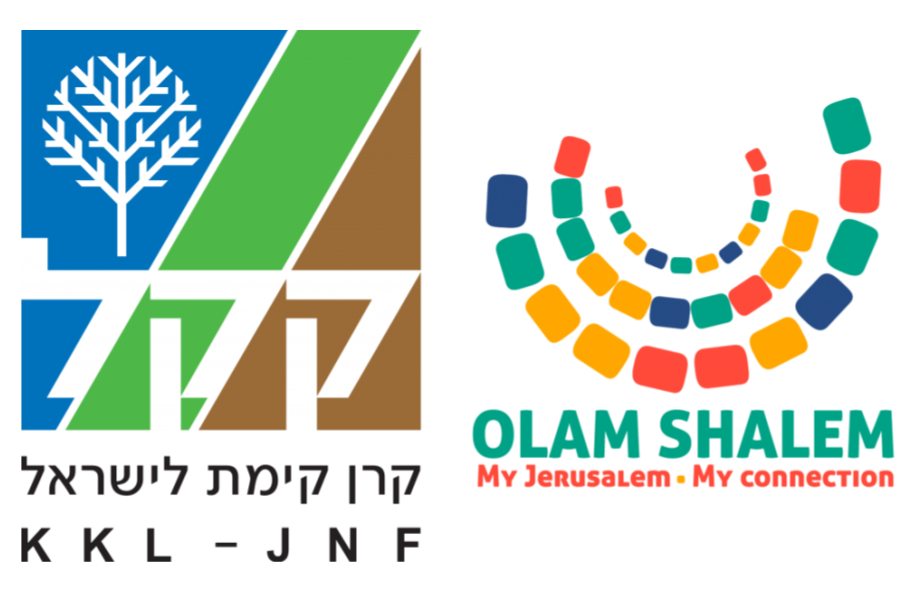The activity leader should choose two volunteers. One of them should write on a piece of paper what their worst chore at home is and why. The second should read the first person’s paper and say the exact opposite of what is written there.
For example: One writes that his worst chore at home is washing dishes because
- He does not like the feel of the wet dishwashing scotch on his hands.
- He doesn’t like the dirt in the sink
- The sound of the clatter of dirty dishes gets on his nerves
The second participant will then tell the rest of the participants that he loves washing dishes because:
- He loves the feel of the dish-washing scotch on his hands
- He loves cleaning the dirt left in the sink
- He loves the sound of the clatter of dirty dishes
The activity leader will tell the participants that the Soviet Union’s government broadcast to the world that Jewish people lived in excellent conditions in their state, and that they have no desire to leave for the land of Israel. Due to the strength and size of the government, its voice was heard whereas the voice of the Jewish people living in the State was swallowed up by it.
But, the Jewish people in the Soviet Union wanted, more than anything, to immigrate to the land of Israel. They tried all kinds of varied ways, via different channels, to let the world know about their distress.
The activity leader should place 3 signs on the floor that say the following:
- Letter of the 18 Families
- Operation Wedding
- Avital Sharansky’s Struggle
The activity leader should scatter notes with facts written on them among the participants and the participants will need to guess which headline belongs to which fact and match them up. At the end of the activity, the activity leader will help them make the correct matches.
Finally, the leader will give a card to three volunteers who will read the story of the event to everyone.
The leader will summarize: The Prisoners of Zion travelled a long, long road between the oppression that they experienced under the Soviet Union’s government, via their long, unwavering struggle for the right to emigrate to the land of Israel, until their success in doing so.
It is important to point out that at this point, we concentrated on the Prisoners of Zion from the Soviet Union and they are the most well-known, but there were Prisoners of Zion in many other places in the world and we will talk about them in the next part of the activity.

